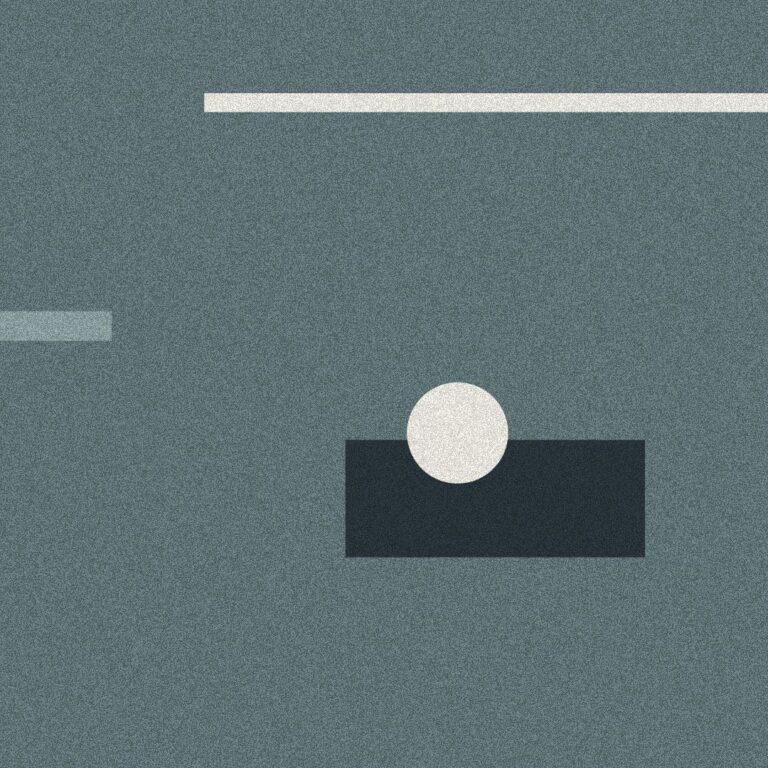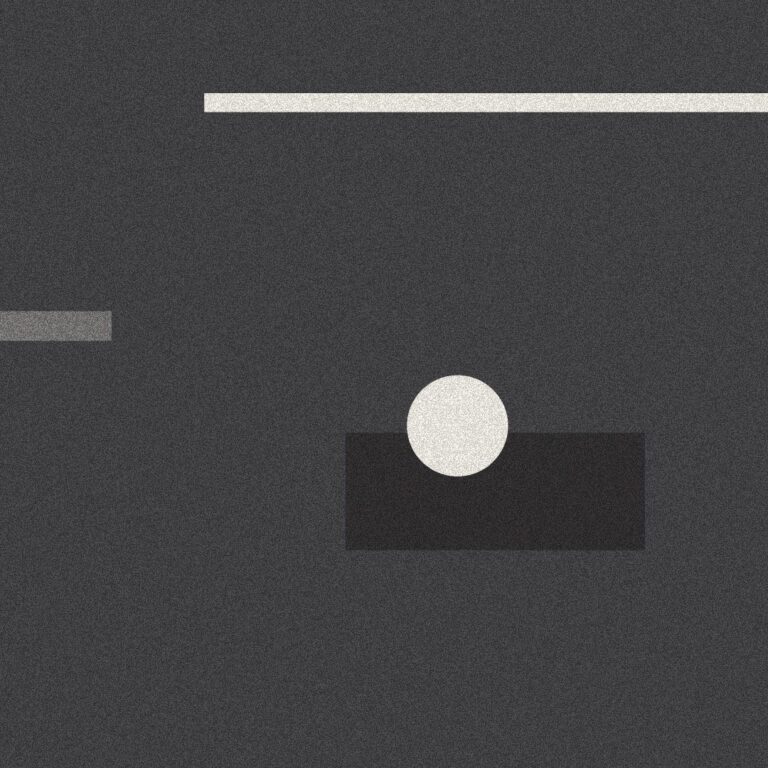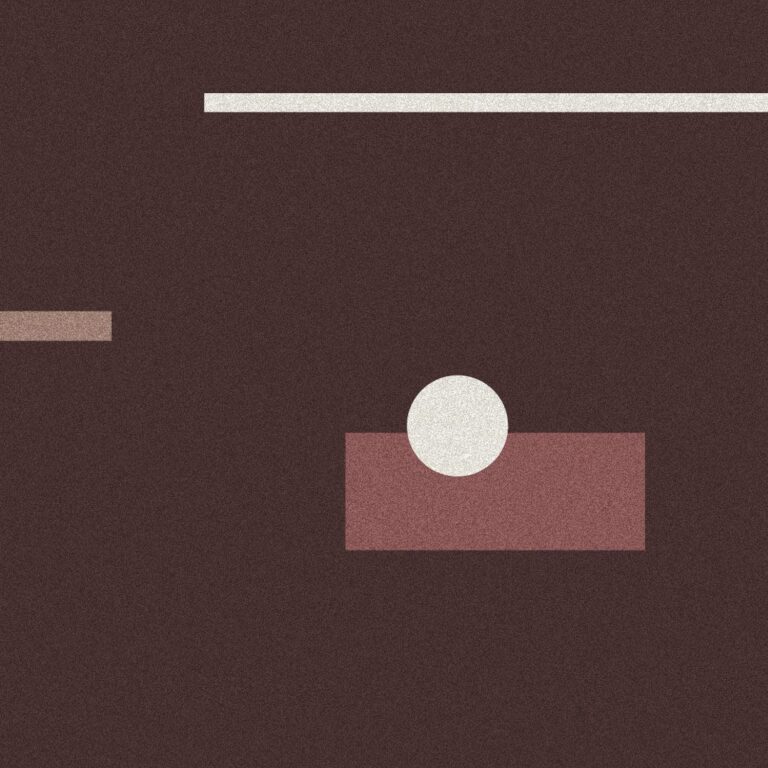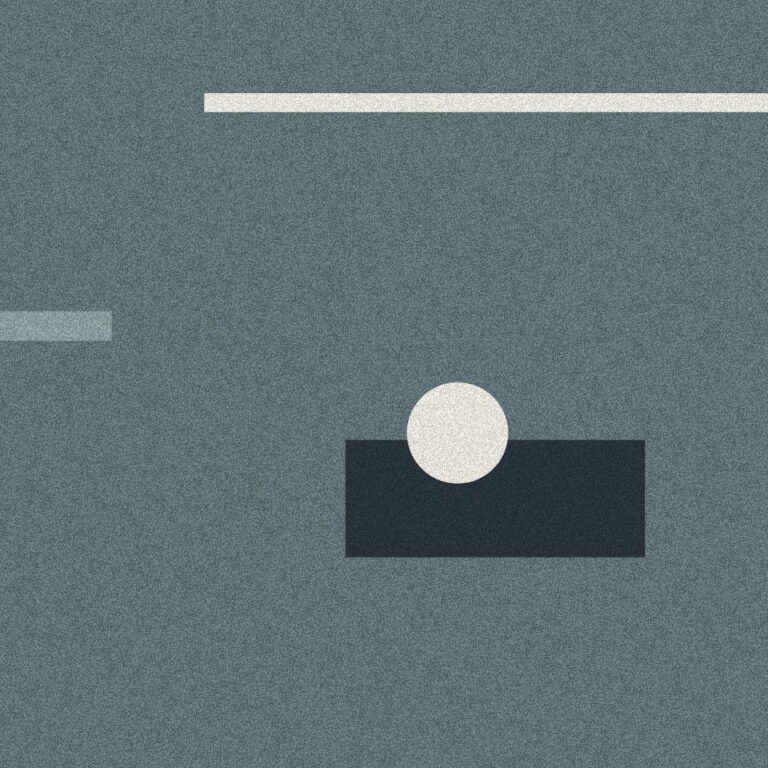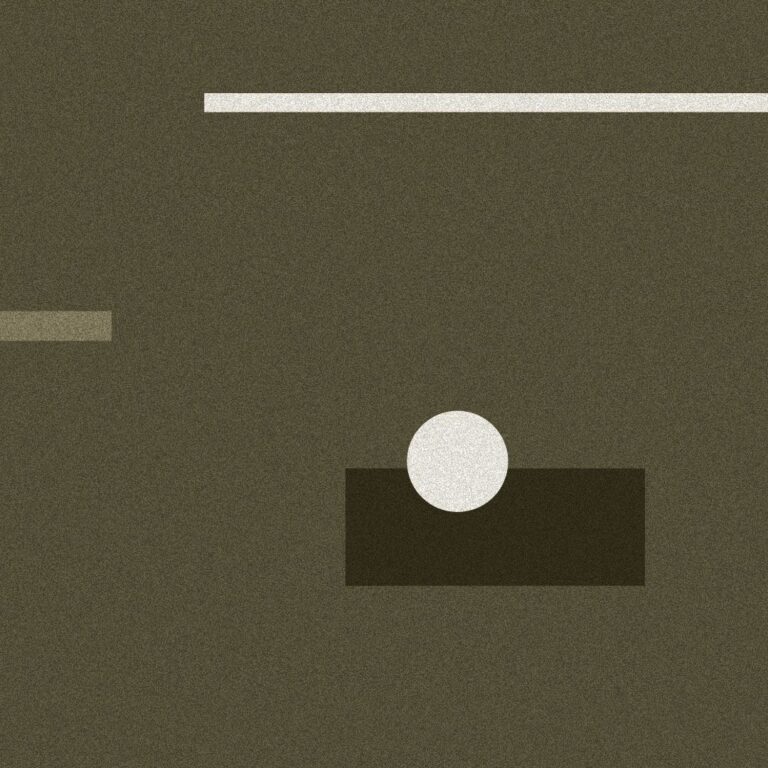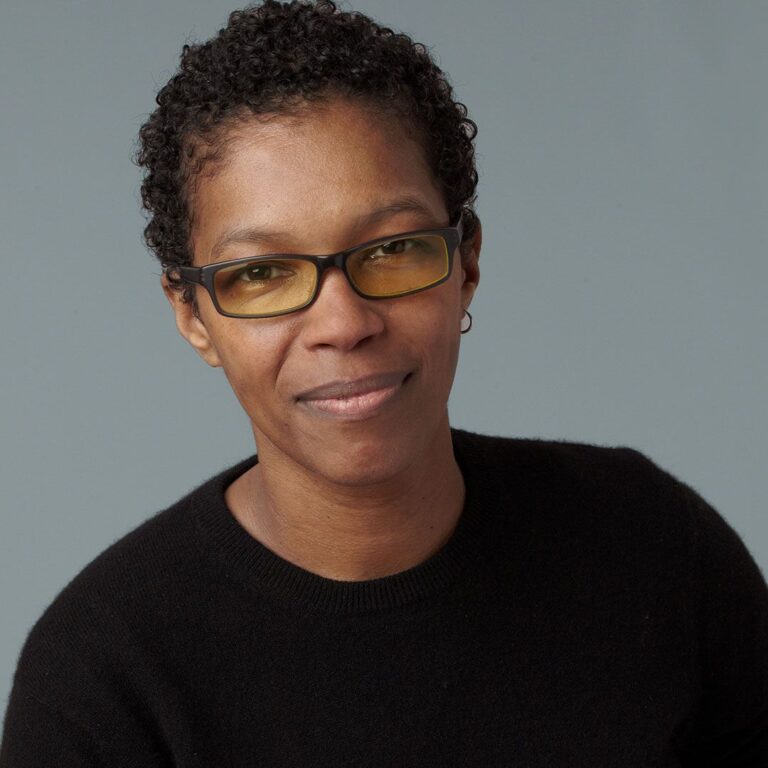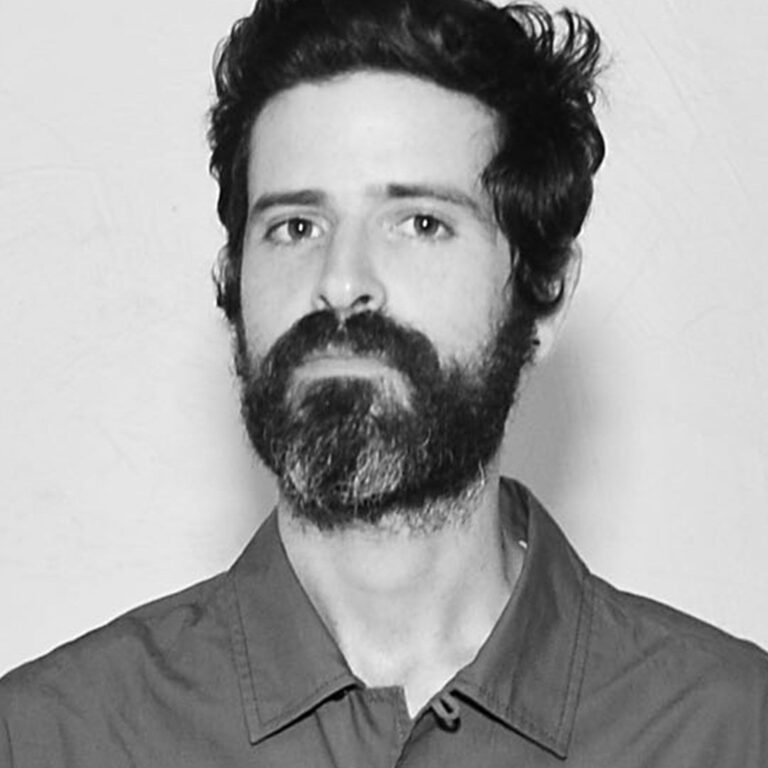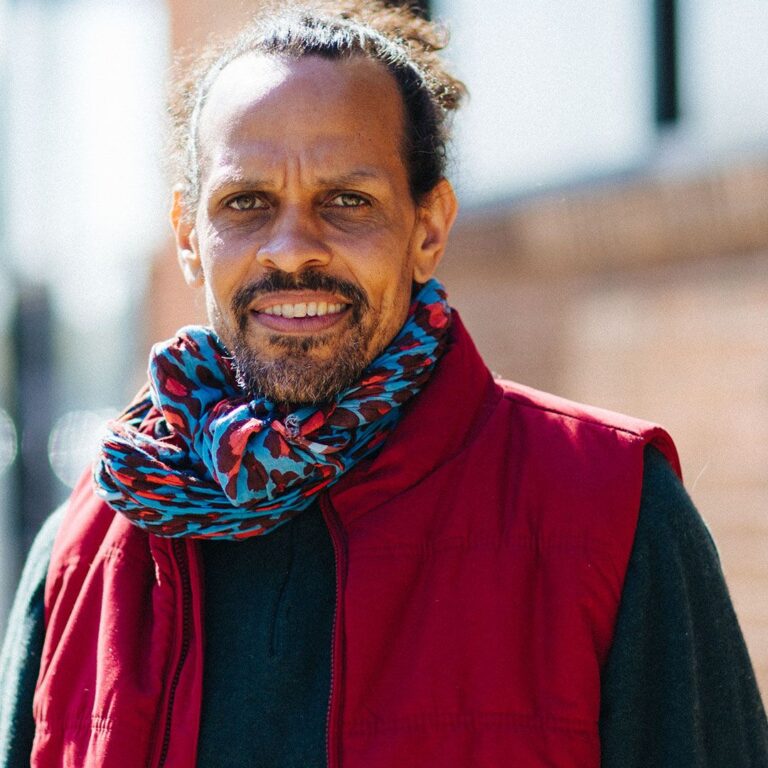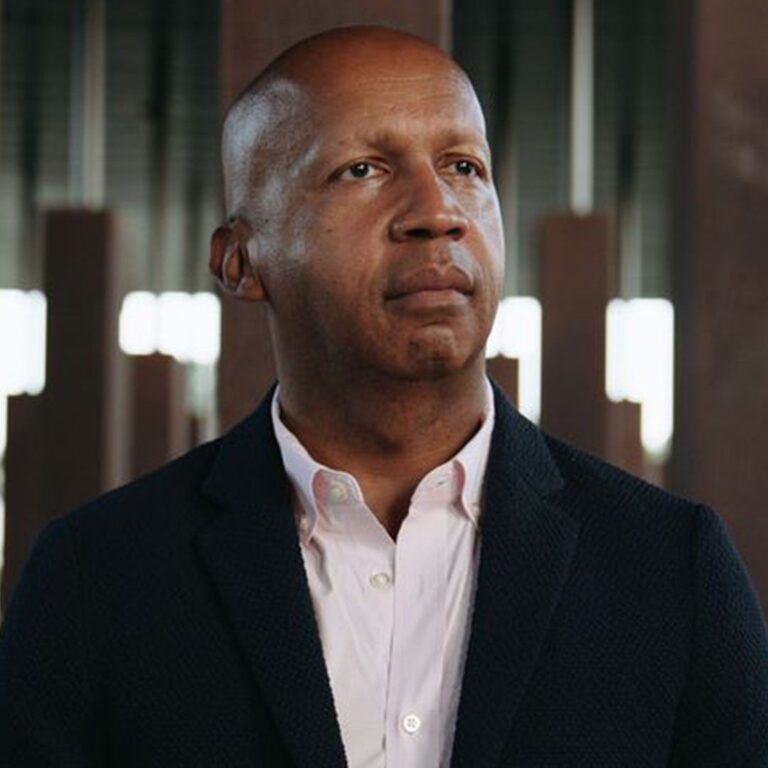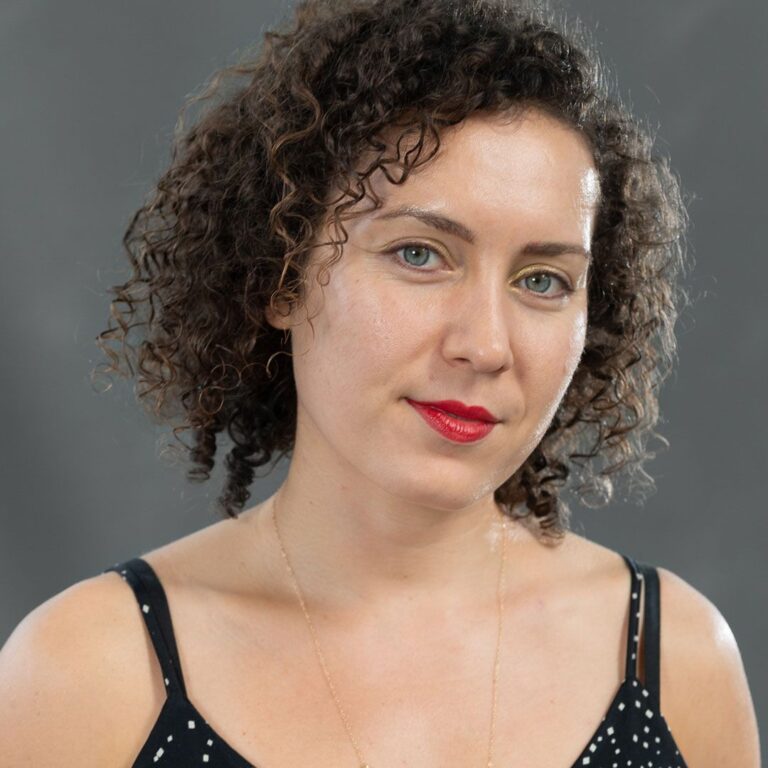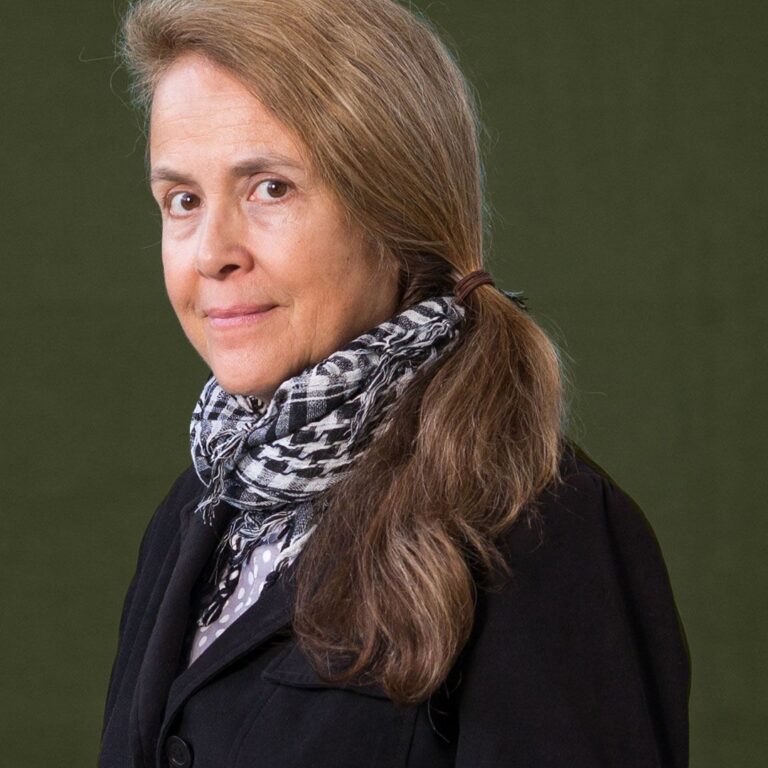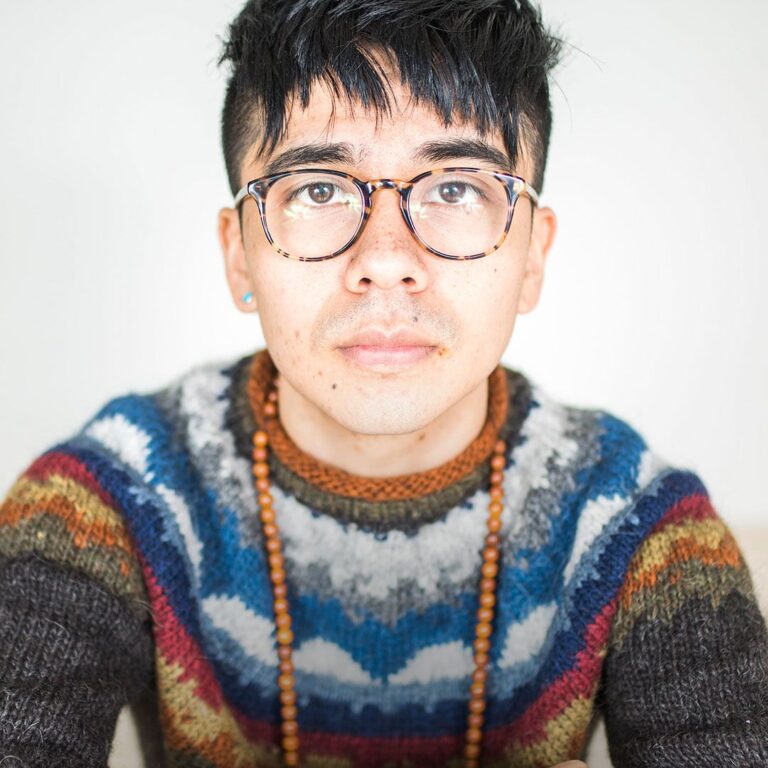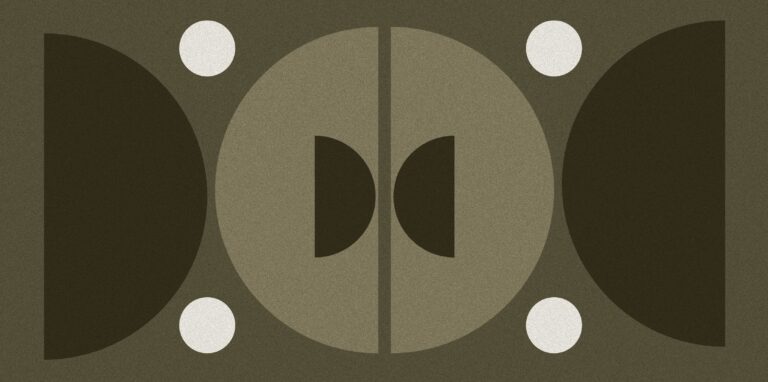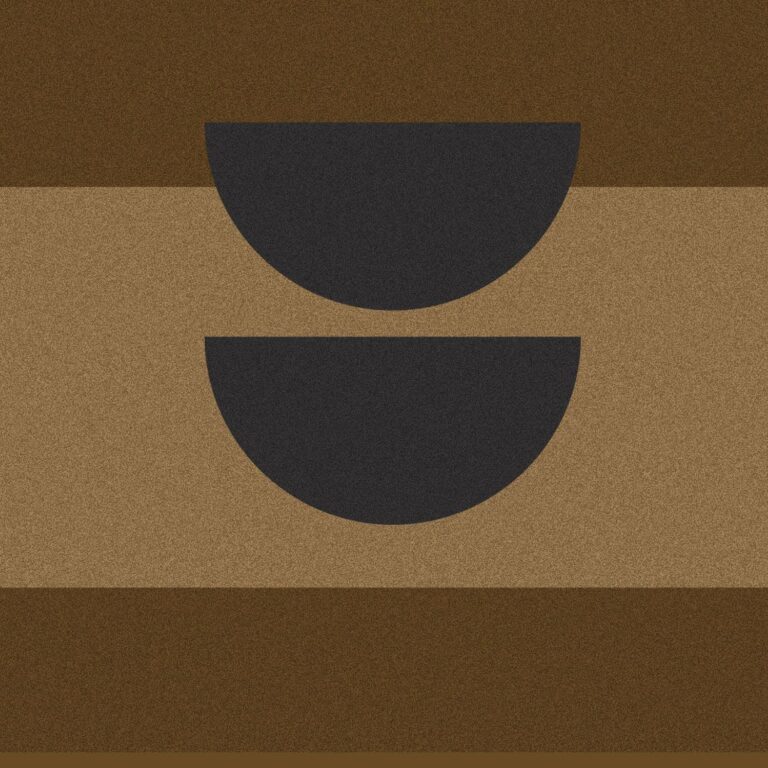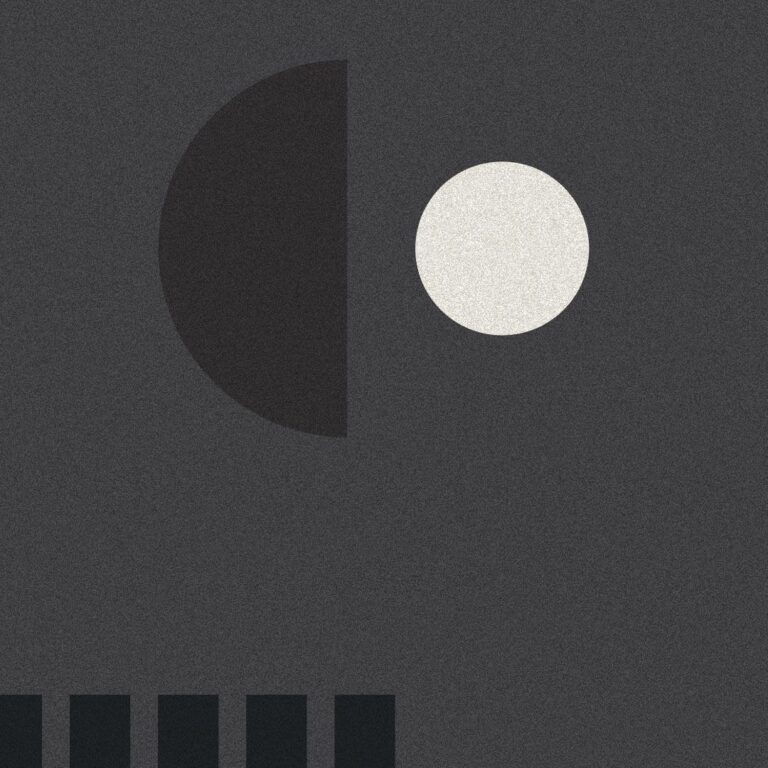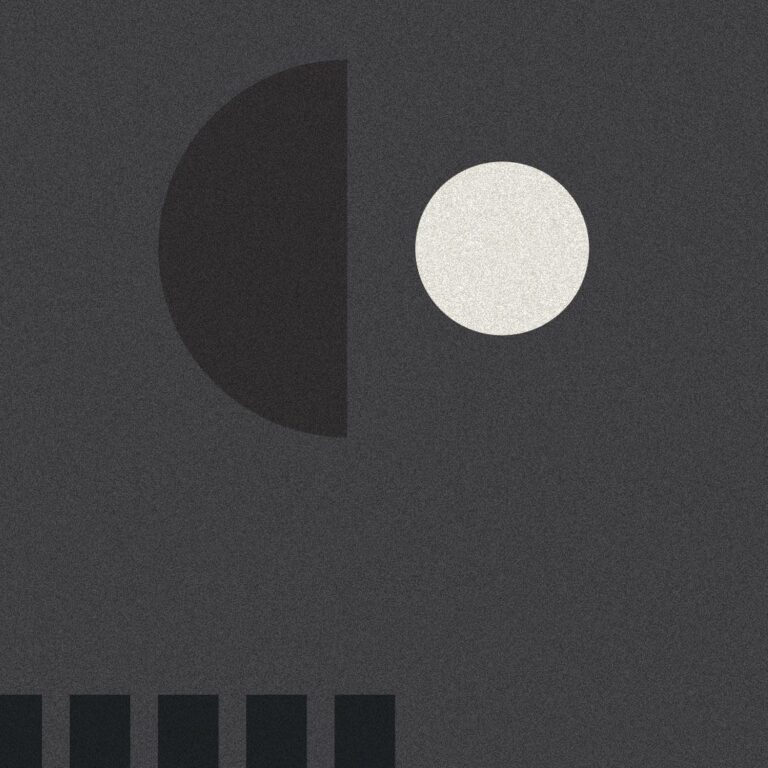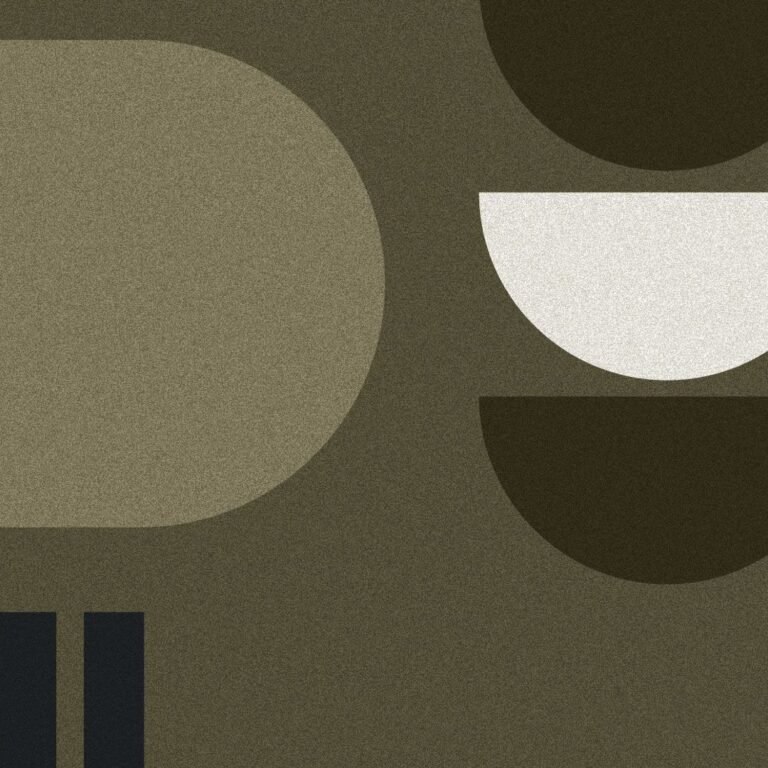| Heart of the Matter
The invitation here is two-fold. First, to flex the moral imagination of your hope muscle. The questions we instinctively ask of “what to do?” in western culture are questions of what and when and how much. Those are the serious hard questions we value and act on. Moral imagination calls us to ask why, and to what human purpose? And also, how much is enough?
And the other calling here, the other invitation, is to get accompanied. Find others to walk alongside. Find others to walk alongside you. You don’t have to ask those questions alone or answer them alone or live them alone. In fact, if we try to do this transformation alone, it simply will not work. As Jacqueline says, these new ways of being, this new sensibility, has to be embedded within the structures themselves. This is a real shift, but taking it in really, truly, is a relief.
Something can be created where people can remain whole and can grow and face what goes wrong, as well as what goes right, but not be alone and not be depleted. Or, certainly, be depleted at times, but have that well of friendship and support and being surrounded that means that there will be replenishment all along the way. |


